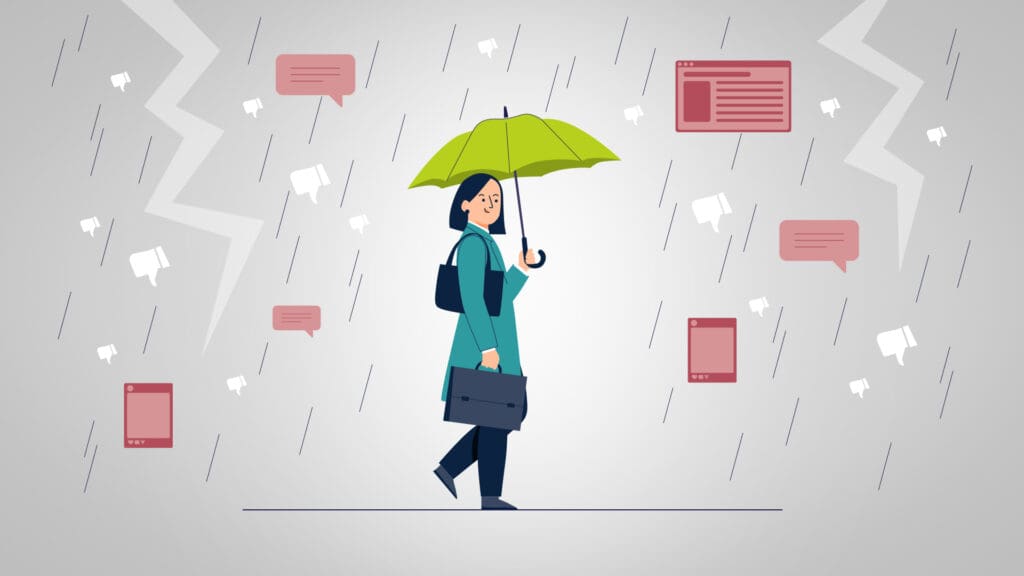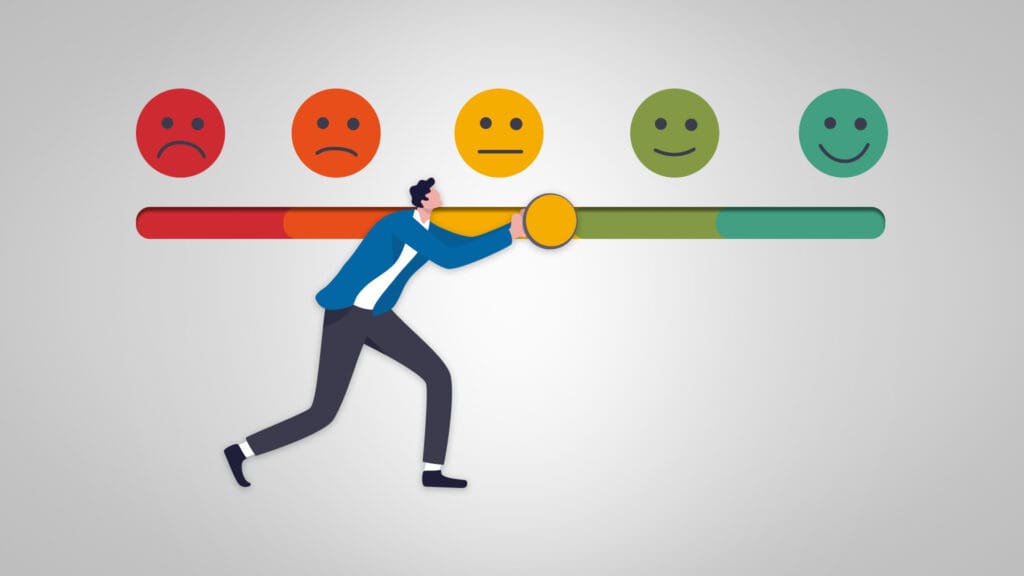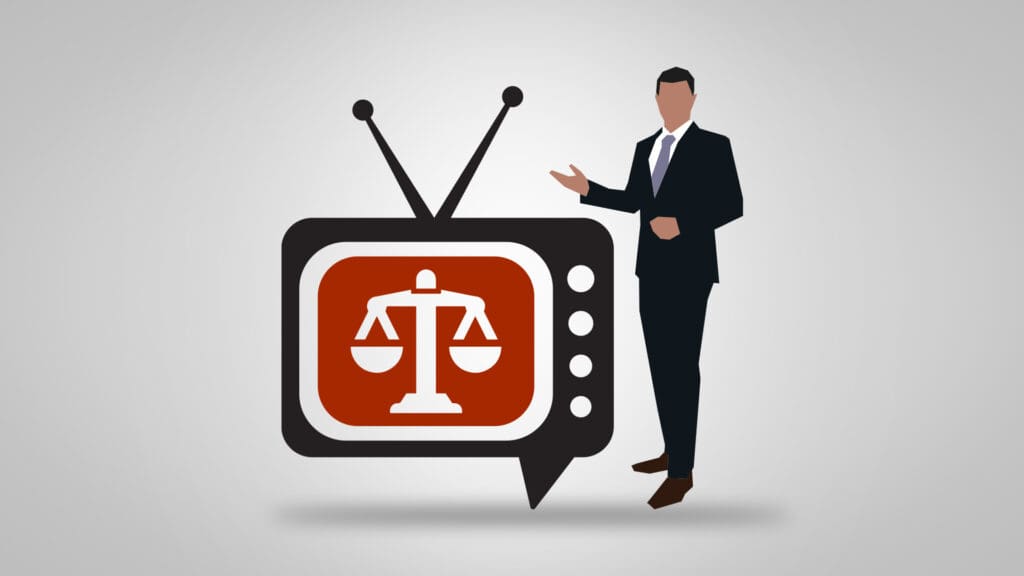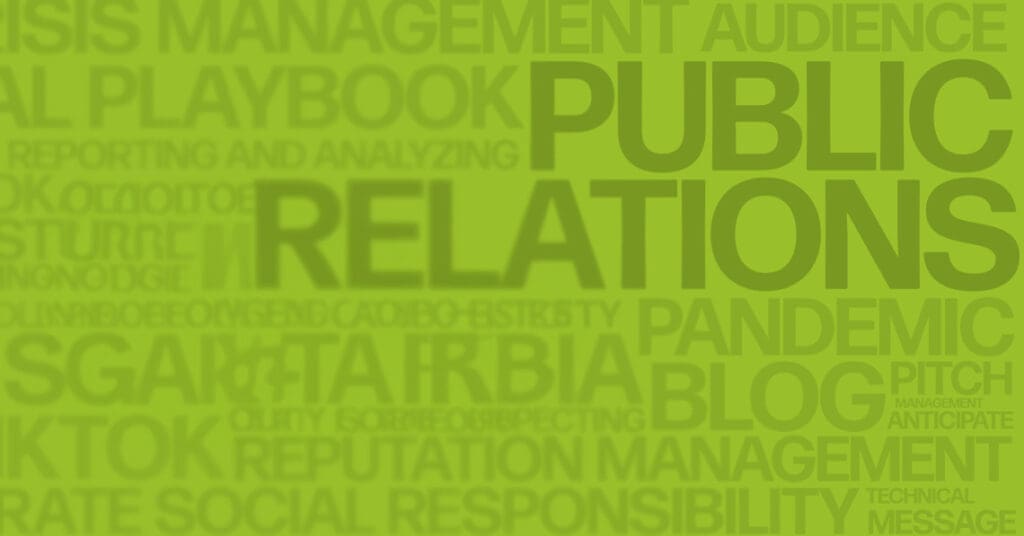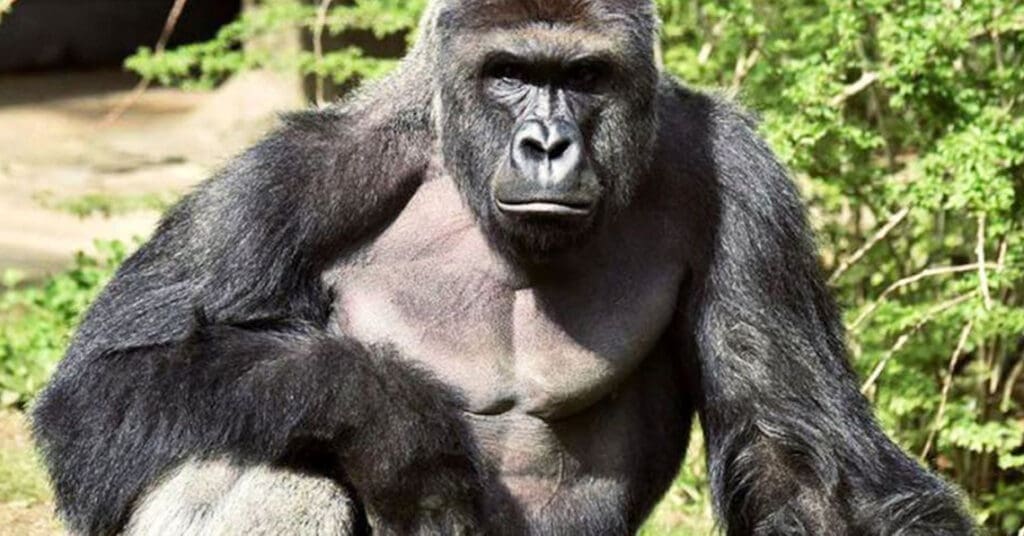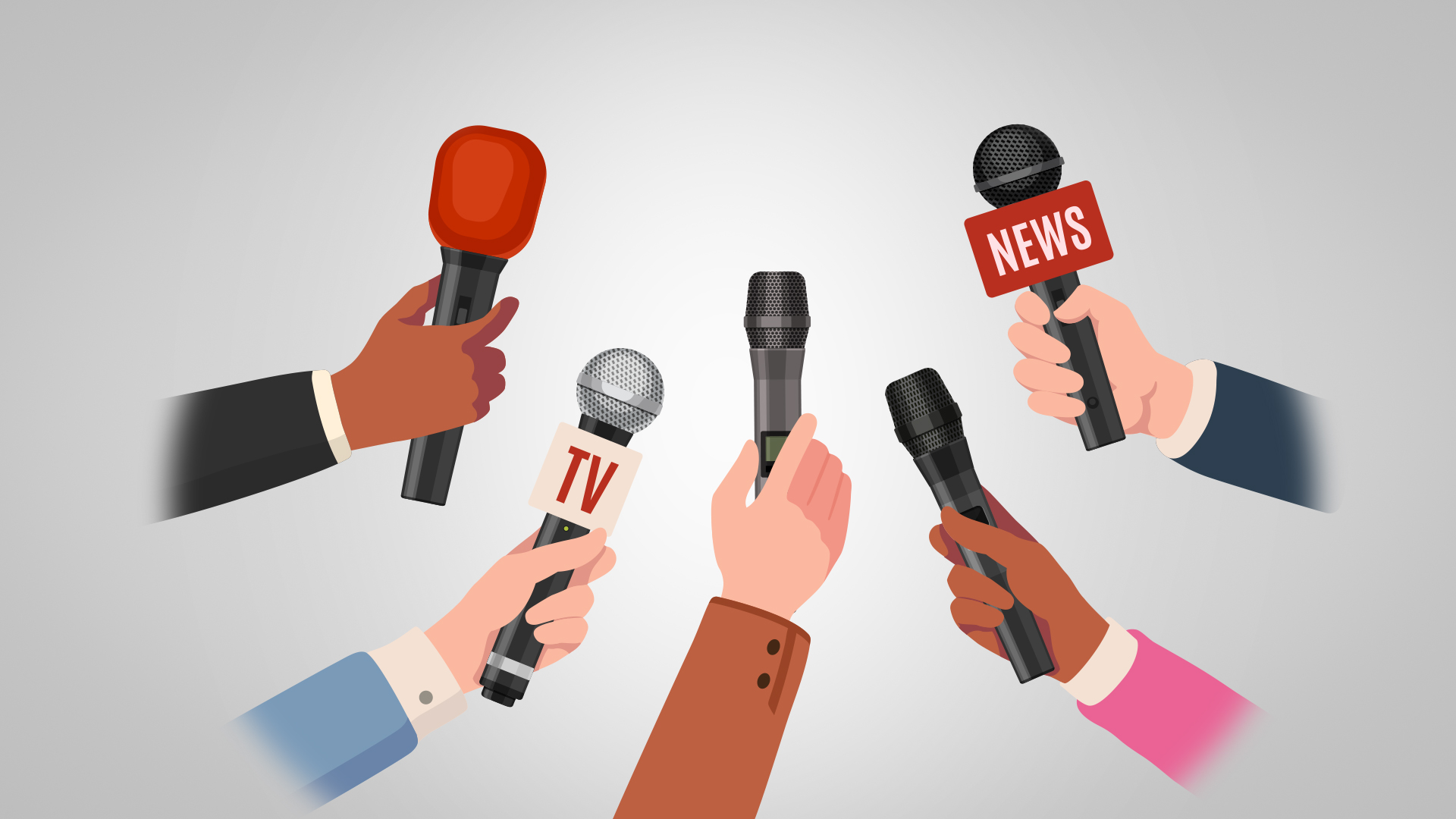
The Value of Media Training
Have you ever watched a talk show and noticed a guest fidgeting with their hands so much that you forgot what they were even talking about? How about a politician with a blank stare who appears to be reading from a cue card or a CEO who refuses to answer questions from reporters and keeps saying “no comment”? Those actions can annoy or irritate the public.
In business today, the way the public views leaders reflects their company, for better or worse. Does the thought of “going live” make you or your leadership nervous or anxious? It’s hard to be human and answer no to that question. However, the way you handle yourself with the media will affect your brand.
In today’s edition of Plain Talk, we’ll discuss the importance of media training and how it is crucial to being thought of as approachable, honest, and caring when you or your business are suddenly faced with potential media coverage or during crisis communications.
- The Way We Get News Is Changing
- Be Prepared for Any Situation
- Turn a Negative Into a Positive
- What To Expect From Media Training
- Expect (and Be Prepared for) the Unexpected
- Get Expert Help With Your Media Training
The Way We Get News Is Changing
While you may turn on the evening news or grab a Sunday newspaper occasionally, the way media works is changing. Most people find their news now in the palm of their hand. We find out about breaking news from social media and news alerts—whether text messages or app notifications.
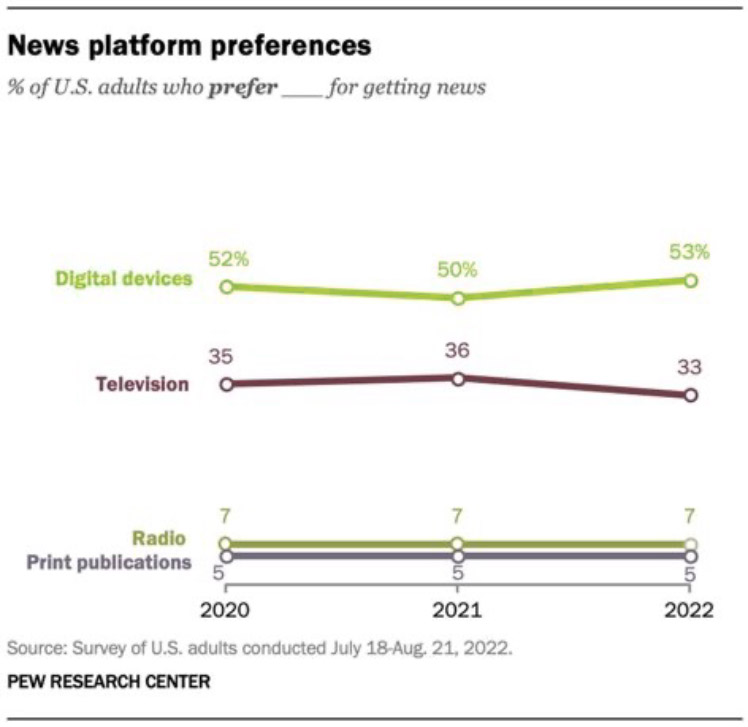
Newsrooms have changed as the media landscape has changed, too. Long gone are the days when several reporters were dedicated to “beats” like medicine, business, education, or the arts. Many reporters cover more than one topic and must shoot and edit videos themselves, turning in multiple versions of a story each day for different newscasts or editions. For television, your soundbite, or short portion of your interview, has the potential to run several times—which is why it’s essential to have a clear and consistent key message that sticks and a messenger who is trained in effective communication and is well prepared to deliver it.
Be Prepared for Any Situation
Now imagine for a minute the worst things that can happen to your business. A recall? A seriously hurt employee or customer? A financial scandal? A strike? A tornado? What would it be for your business? Now imagine it just happened. How would you handle it? Do you have a plan? Would you just “wing it?” How would you represent yourself and your company under that kind of stress? Calm or angry? Anxious or informational? Panicked or in control? What about your body language? Would you be prepared during a media interview to answer difficult questions?
All of these emergencies have one thing in common. The public, your investors, employees, and executives are going to want to hear from you. How you behave now could be for all the marbles, and a leader who can proactively weather the storm and answer challenging questions in an honest, even-tempered, and thoughtful manner will gain respect, not ridicule. Knowing and practicing what to say and having the fundamentals of how to say it separates amateurs from professionals during press conferences or media appearances.
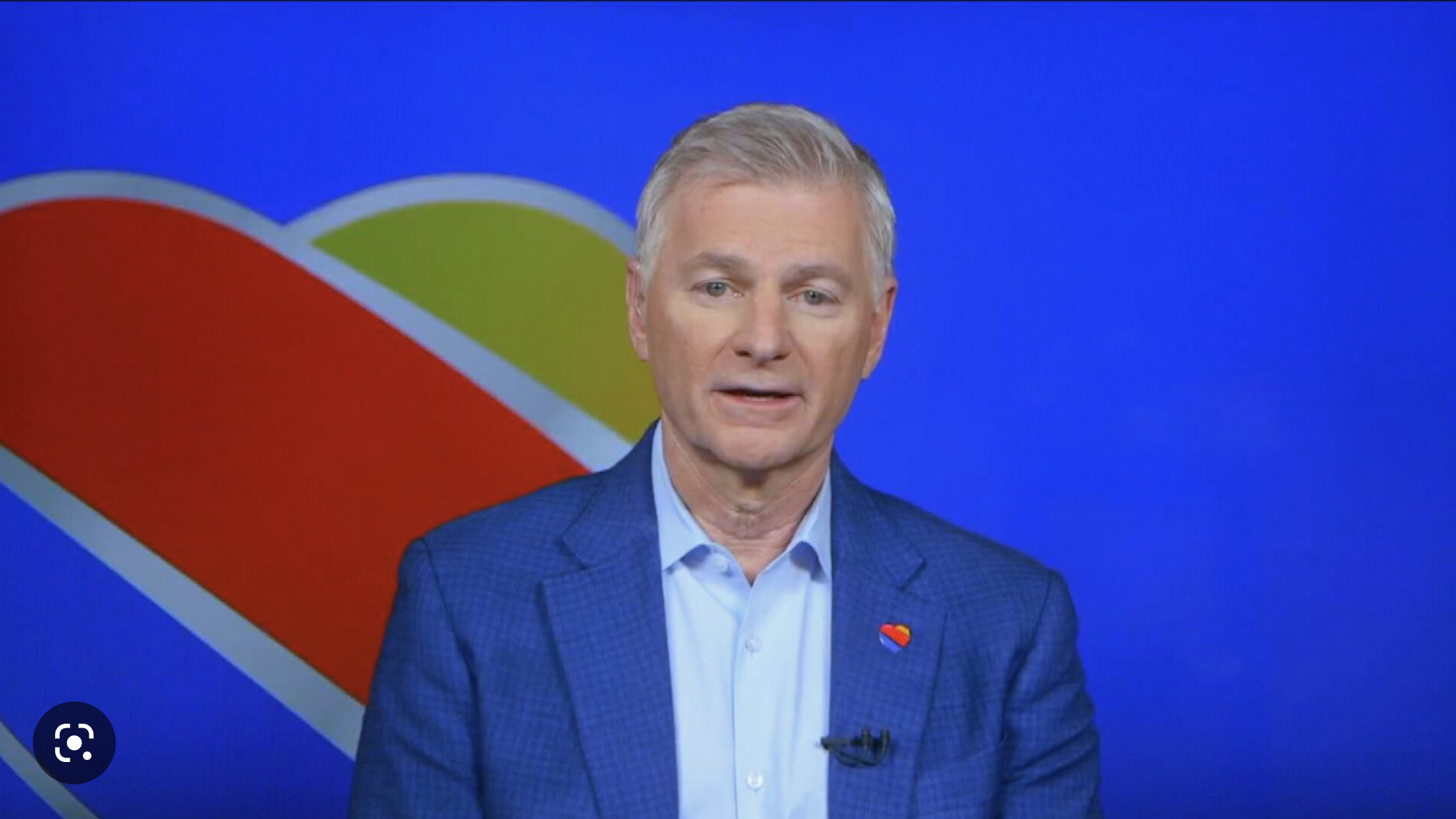
How Southwest handled its media relations mess
For example, In December 2022, Southwest Airlines found itself in the middle of a massive media relations mess when its outdated systems couldn’t keep up with weather issues. The result? The company canceled around 16,700 flights during a six-day period over the Christmas holiday. Customers were stranded, luggage was lost, and Southwest was battling a major crisis.
Southwest Airlines CEO Bob Jordan would later apologize, saying, “I’m truly sorry… we have some real work to do in making this right.” He vowed the airline would do better and didn’t shy away from the company being at fault. However, the strongest part of his recorded apology was that he vowed that the company would take action and immediately go “above and beyond” with refunds and reimbursements.
While words are important, actions are crucial. And it’s certain before Bob Jordan recorded that video, he definitely had a team of public relations professionals around him prepping him for everything he said and how he would appear. Wall Street, for one, noticed and saw a 15% increase in Southwest Airlines’ previously plummeting stock value after Mr. Jordan’s address, proving that a well-prepared crisis response, communication training, and effective company spokespeople can have a real-world impact on business.
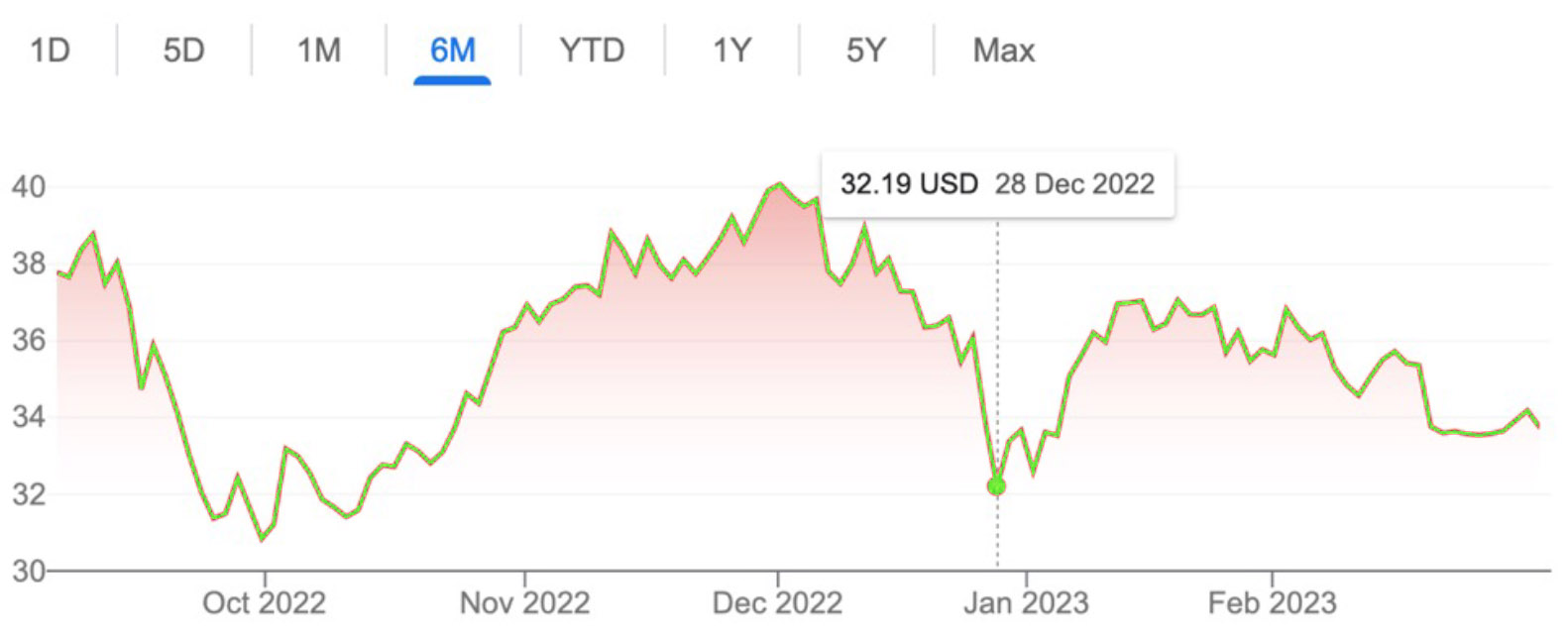
In contrast, PR disasters like the ongoing public relations train wreck that has been Twitter since it went private in October 2022 have, by some estimates, cost Twitter 40% of its year-over-year revenues as advertisers and users fled the platform. While CEO Elon Musk is clearly a smart man, his refusal to adhere to basic media training and crisis management best practices (as the face of the brand) has hurt Twitter’s bottom line.
Turn a Negative Into a Positive
While it may seem impossible to turn a bad situation around, it’s certainly attainable with the right plan. Many companies have been forced to go into crisis mode when negative attention comes their way. However, how you react can make or break your brand’s reputation. The last thing you want to do is come off angry, guilty, or unsure of yourself or the situation at hand. What you also need is a strong team on your side who can help turn a negative into a positive where possible.
In 2018, Procter & Gamble found itself involved in a negative and potentially deadly situation when its top brand, Tide, did nothing wrong. The Tide Pod Challenge became a dangerous game on social media prompted by some young people posting videos of themselves eating the laundry detergent pods and encouraging others to repeat the same toxic act. The response by Tide was clever: A 21-second PSA with NFL great Rob “Gronk” Gronkowski simply saying, “No, no, no, no, no, no, no!”
“Bad idea,” he warned. Use Tide Pods for washing, not eating.” The four-time Super Bowl Champ, known for his own wild days off the field, was the perfect choice for getting the target audience—teens—with wild ideas to listen to a party icon and stop the madness. P&G got rave reviews for the proactive move and for making the packaging harder to open.
What To Expect From Media Training
A company leader or spokesperson with media training can prepare to handle any situation. Part of the value proposition for clients who choose to do media training with PR pros is that these pros with years of experience are the people who spend every day working directly with media outlets and can help you in bridging the gap with reporters to effectively tell your story. So, whether you are planning to go on camera to launch a new factory or to battle a negative story, media training helps you to be comfortable knowing how to handle yourself, and working with a reputable pr agency that has a media trainer is the way to get you there.
Media training is often customized based on the trainee but may consist of things like:
- Dressing the part for your interview. Depending on your situation, this could involve “dressing down” for approachability or dressing up for gravitas.
- Preparing for responses to different media platforms and forums with a training session. An interview with the Wall Street Journal is not the same experience for the interviewee as a sit-down with Good Morning America.
- Question prep—including role-playing tough questions, a refresher on your company’s operations, and being armed with the statistics or facts that support your narrative.
- Redirecting interviews and how to stay on message by becoming a subject matter expert.
- Training on clear talking points.
- How to correct or disagree with your interviewer and take control of the interview.
- How to avoid the “no comment” trap.
- On-camera practice sessions that allow you to see what you are doing right and where work is needed when public speaking.
Expect (and Be Prepared for) the Unexpected
We like to tell clients to prepare for the unexpected. You may have plenty of notice prior to an interview, or you may get a phone call to speak to a reporter in just a few hours. That’s why we recommend clients get media training early and that they practice regularly. Mock interviews will help you prepare for any type of interview you encounter – positive or negative. Practicing through potentially positive and negative situations can also help you gain confidence by knowing how to tackle worst-case scenarios.
Get Expert Help With Your Media Training
When it comes to media training, it’s not just about preparing for the “what ifs” but also about making sure you represent your brand in a genuine, sincere, and confident manner. Media training can prepare you to confidently handle all situations. After training, you’ll be ready any time a reporter heads your way. Your message will be clear, consistent, and on-brand. Your audience will also see you as a real person looking out for them. They’ll empathize with you when something bad happens – knowing you’re being honest, accountable, and solution-seeking. Likewise, they’ll support you when something good happens.
If you have any questions about media training or crisis management or you need a hand with either, drop us a note or give us a call at 502-499-4209.
Our Articles Delivered
Signup to receive our latest articles right in your inbox.

